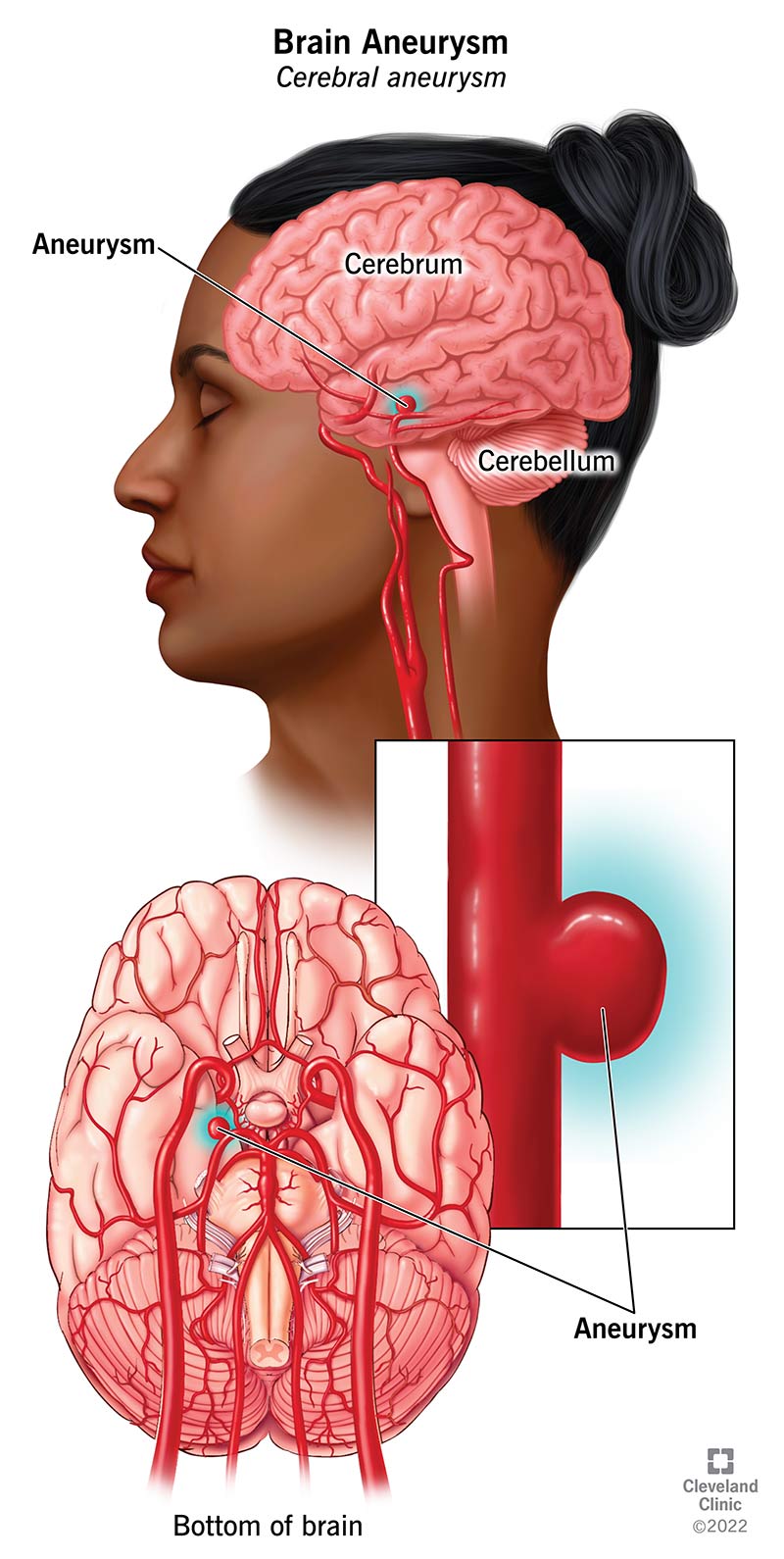France 2030 - RHU - eCAN project
The eCAN project, led by Pr Romain Bourcier (PUPH in interventional neuroradiology at Nantes University Hospital and member of Team I), is the winner of the 6th wave (2023) of calls for University Hospital Research (RHU) projects funded under the France 2030 plan.
The RHU eCAN project aims to reduce the global impact of intracranial aneurysms through the creation of healthcare tools dedicated to radiologists, patients, experts in charge of these patients, and regulatory authorities. The ambition of the eCAN project is to modify the trajectory of patients with intracranial aneurysms, and to improve their medico-economic impact on the various healthcare systems.
The RHU eCAN project aims to reduce the global impact of intracranial aneurysms through the creation of healthcare tools dedicated to radiologists, patients, experts in charge of these patients, and regulatory authorities. The ambition of the eCAN project is to modify the trajectory of patients with intracranial aneurysms, and to improve their medico-economic impact on the various healthcare systems.

What is an intracranial aneurysm?
An intracranial aneurysm (ICA) is a localized dilation of an artery in the brain. It takes the form of a blood pocket in which blood flows under pressure. Also known as an aneurysmal sac, this pocket can rupture in around 1% of cases. A third of patients suffering an aneurysm rupture will die immediately (3,000 deaths per year in France), a third will suffer lifelong after-effects (hemiplegia, behavioral problems, mutism, etc.) and the remaining third will suffer major psychological consequences.
Digital innovations to improve patient detection and treatment.
Most AICs are detected incidentally during imaging examinations, but a significant number remain undetected. What's more, there is no defined pathway for referring patients to the neuroradiologist or neurochirugist who is the referral expert for the pathology within the territory, following the announcement of the discovery of this arterial deformity. This announcement is accompanied by considerable anxiety on the part of patients, who often have to wait weeks before being examined by the expert. The neuro-interventionist who takes charge of the patient with an AIC will have to weigh up the balance between the morbidity rates of preventive treatment of the aneurysm and the risk of rupture in the event of monitoring. Although more and more unruptured AICs are being treated preventively, the overall incidence of rupture has not decreased over the last ten years.
The objectives of the eCAN project are to develop and validate integrated digital tools, and to assess their impact on the care of patients with intracranial aneurysms, from screening to treatment decisions.
- Software to help radiologists detect intracranial aneurysms on MRI.
- A mobile application to support patients with intracranial aneurysms, from the moment the diagnosis is announced by the radiologist, by providing psychological support and tailored information on the pathology and the patient pathway. In a second phase, this application could be used throughout the patient's course as an aid to monitoring and managing risk factors (e.g. smoking, sleep disorders), thus participating in a primary prevention approach.
- A prognostic algorithm for medical decision-making based on multimodal data (imaging, clinical and genetic data), to be used by expert neurointerventionists.
- A comparative tool to analyze the trajectory of patients whose care has been optimized by these new tools, compared with current clinical practice. Medico-economic and environmental impacts, as well as ethical issues, will be studied in different healthcare systems around the world.
- Finally, an international medico-economic impact study will be carried out to promote widespread use of the tools developed throughout the project.
Strong local expertise
The eCAN project, which has been selected for major funding, consolidates the intracranial aneurysm research theme supported by the Nantes site, and builds on the skills and knowledge acquired in previous ANR PRTS iCAN research projects, PHRC-N uCAN, PHRIP CANHOPE (led by CHU de Nantes) and the PEPR Santé Numérique - Neurovasc and ANR JCJC weCAN projects (led by INSERM for the Institut du Thorax). The project, with a total cost of 16.8 million euros, will benefit from 5.5 million euros in government funding over 5 years, as part of France 2030.
The eCAN project brings together 9 partners who will combine their scientific expertise (data science, artificial intelligence, imaging, genetics, health economics, ethics). The consortium will be made up of academic partners (CHU de Nantes, coordinator; INSERM; INRIA; Université de Bordeaux) and industrial partners (GE Healthcare; Milvue; Sim&Cure; Medtronic), plus an associative partner (FSM: Fédération des Spécialités Médicales).

Mis à jour le 14 mars 2024.






